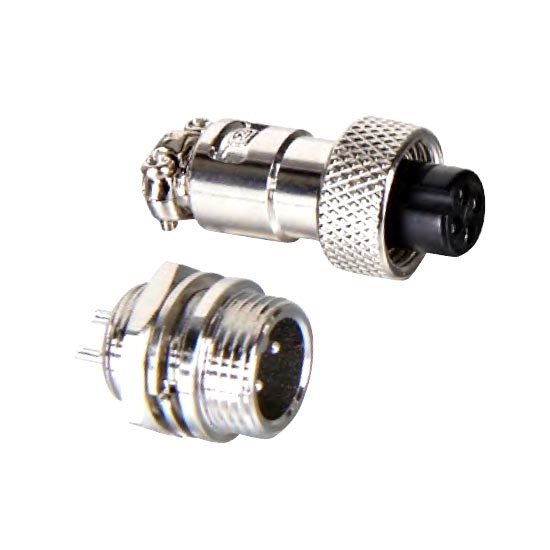When choosing connectors for various applications, both circular and rectangular connectors offer distinct advantages and limitations. Understanding the pros and cons of each type can help you make an informed decision based on the specific requirements of your project.
Circular Connectors: Advantages and Disadvantages
Pros:
- Durability: Circular connectors are renowned for their robust construction, which often includes features like advanced sealing and rugged housings. These attributes make them ideal for use in harsh environments where reliability is crucial.
- Ease of Mating: The circular design allows for quick and easy alignment during connection, which can be particularly useful in tight or awkward spaces.
- High-Density Configurations: Circular connectors can accommodate a large number of pins in a compact space, making them suitable for applications requiring multiple connections without consuming excessive space.
- Versatility: Available in a wide range of sizes and configurations, circular connectors can be tailored to meet various needs, from military and aerospace to industrial and automotive applications.
Cons:
- Size and Shape Limitations: While they are versatile, the circular design may not always be the most space-efficient option for certain applications where rectangular connectors might be preferred.
- Cost: High-performance circular connectors, especially those designed for extreme conditions, can be more expensive compared to other types.
For those seeking options and insights into the best circular connectors available, consulting circular connectors manufacturers can provide valuable information.
Rectangular Connectors: Advantages and Disadvantages
Pros:
- Space Efficiency: Rectangular connectors can offer a more compact and organized connection solution when a large number of connections are needed, fitting neatly into designated areas.
- High Contact Density: They can provide a high density of contacts in a relatively small footprint, which can be advantageous in applications where space is a premium.
- Modular Design: Many rectangular connectors feature modular designs, allowing for easy customization and expansion to meet evolving requirements.
- Cost-Effectiveness: Rectangular connectors can often be less expensive than their circular counterparts, particularly for standard applications where extreme durability is not required.
Cons:
- Limited Durability: Generally, rectangular connectors might not offer the same level of durability and environmental protection as high-performance circular connectors.
- Complex Mating Process: The alignment and mating process can be more complex compared to the intuitive design of circular connectors, potentially leading to longer connection times.
Choosing the Right Connector
The choice between circular and rectangular connectors depends on various factors, including the environmental conditions, space constraints, and budget. Each type has its strengths and is suited to different applications, so assessing your specific needs will help in selecting the most appropriate connector.
For further information and to explore options that best fit your requirements, visit circular connectors manufacturers.

